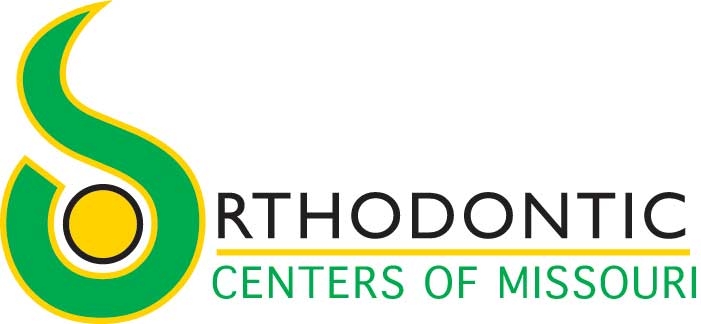
Two-phase treatment occurs when a patient is evaluated and needs intervention before starting regular orthodontic treatment, resulting in two separate treatment plans.
The first phase of treatment, Phase I, usually occurs when the patient is a child and still has his or her primary teeth. The Phase I treatment plan can include preventive, interceptive or modifying treatment. Orthodontic appliances may be placed to prevent a problem from occurring, correct a current problem or help direct jawbone growth. Multiple problems with tooth alignment, gums, jaws and facial problems can be corrected with Phase I treatment. Another common added benefit of Phase I treatment is less Phase II treatment time.
Typically, Phase II treatment is normal orthodontic treatment. Between the ages of 11 and 15 is the most common time for orthodontics, and for good reasons. By 12, most if not all of the permanent teeth have erupted and are in place, and crooked teeth, gaps and bad bites can easily be detected. These problems will hardly ever correct themselves, so this is when most parents decide to seek orthodontic treatment.
This is also a good time for orthodontic treatment because many negative associations of braces are not present. Many children in this age range undergo orthodontic treatment, and children are very often able to be convinced to wear braces because they see their friends wearing them, too, and want to fit in.
Besides the benefits of fitting in with their friends, children at this age are growing rapidly, and orthodontists can usually take advantage of these growth spurts to help shape the bite and teeth correctly. And children at this age have high metabolisms, which can help shorten overall treatment time and reduce the discomfort of orthodontic treatment.
Adolescent patients who have undergone both Phase I and Phase II treatment are more likely to have lasting results. Our goal for your two-phase orthodontic treatment is to give you correctly aligned teeth that provide ideal jaw function and a great smile!
